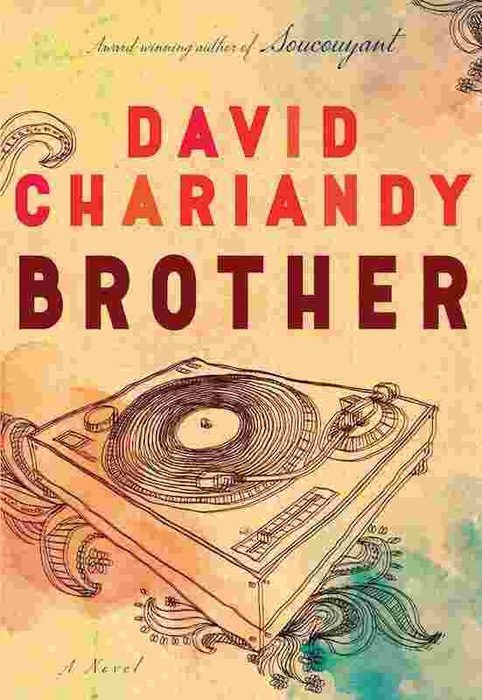Ontario unionists and the new workplaces legislation | What's Left
The Ontario Liberal Government has wasted no time putting forward its legislation based on the Changing Workplaces Review report released on May 30. It comes in the form of a single piece of legislation called Bill 148: Fair Workplaces, Better Jobs Act.


